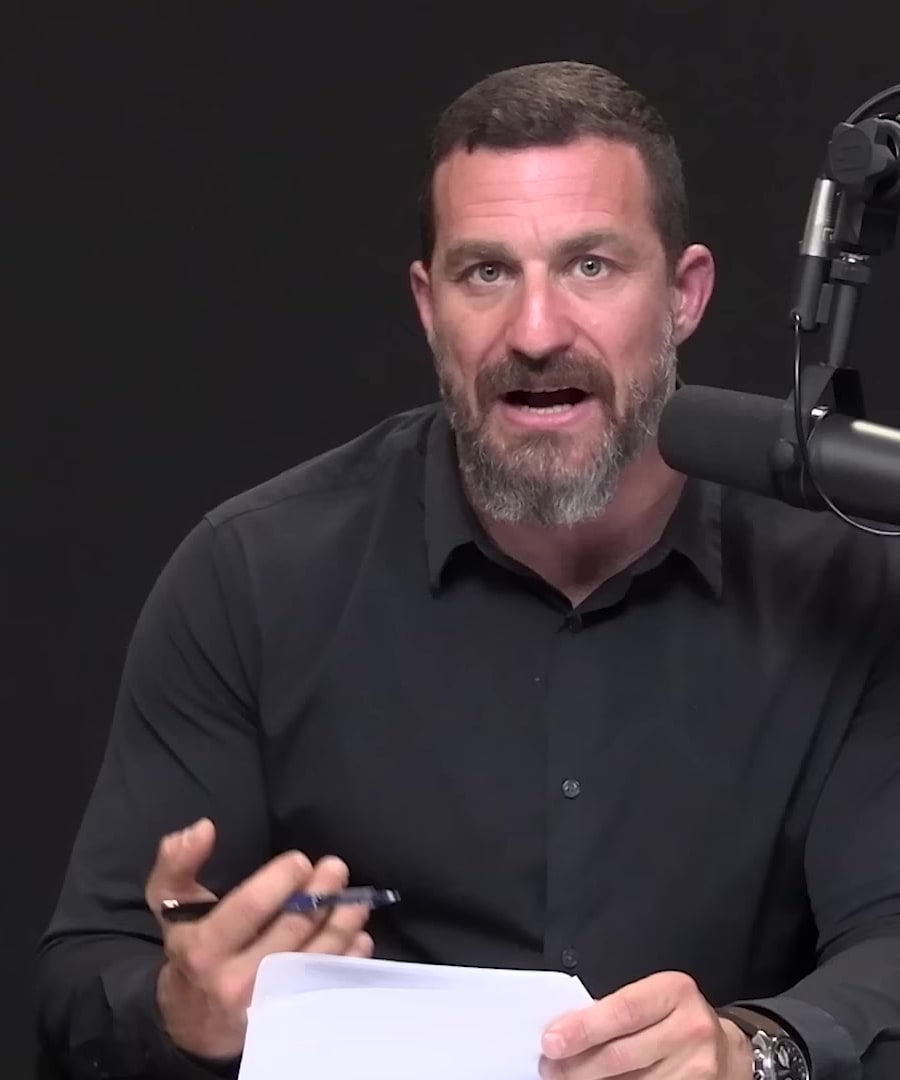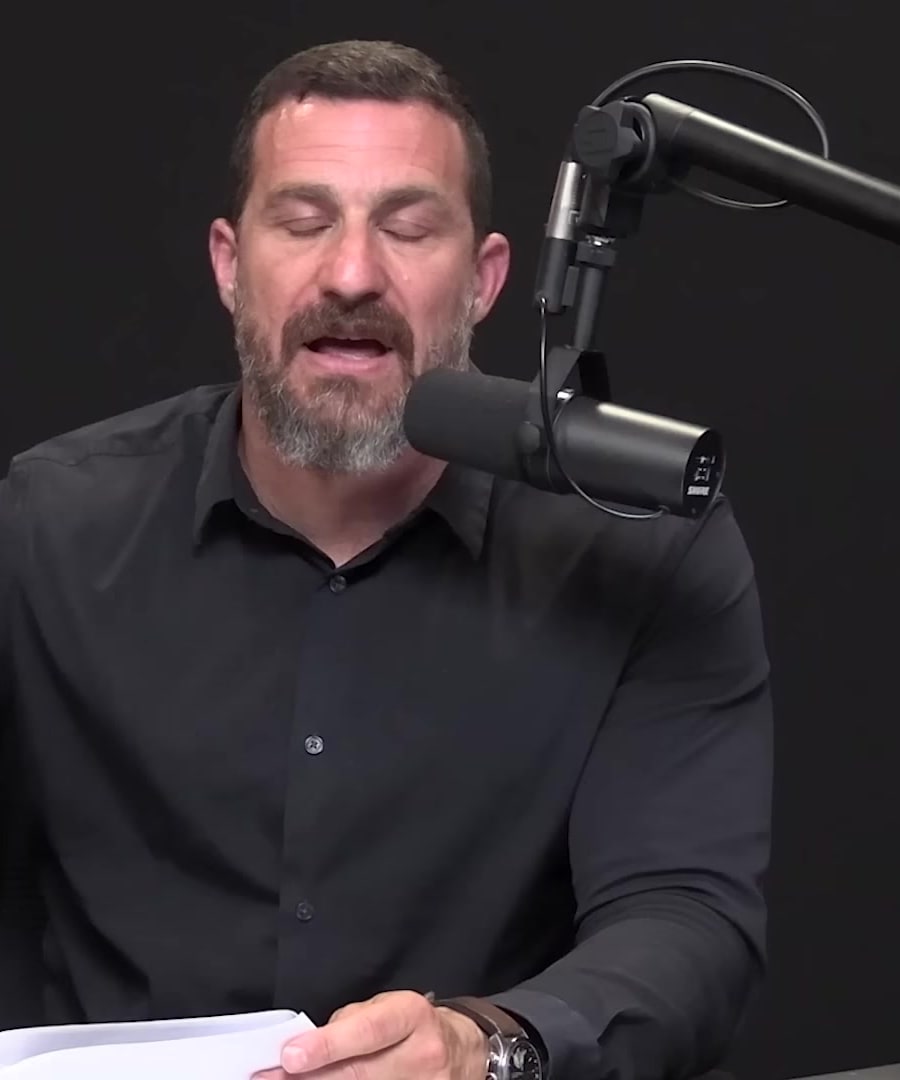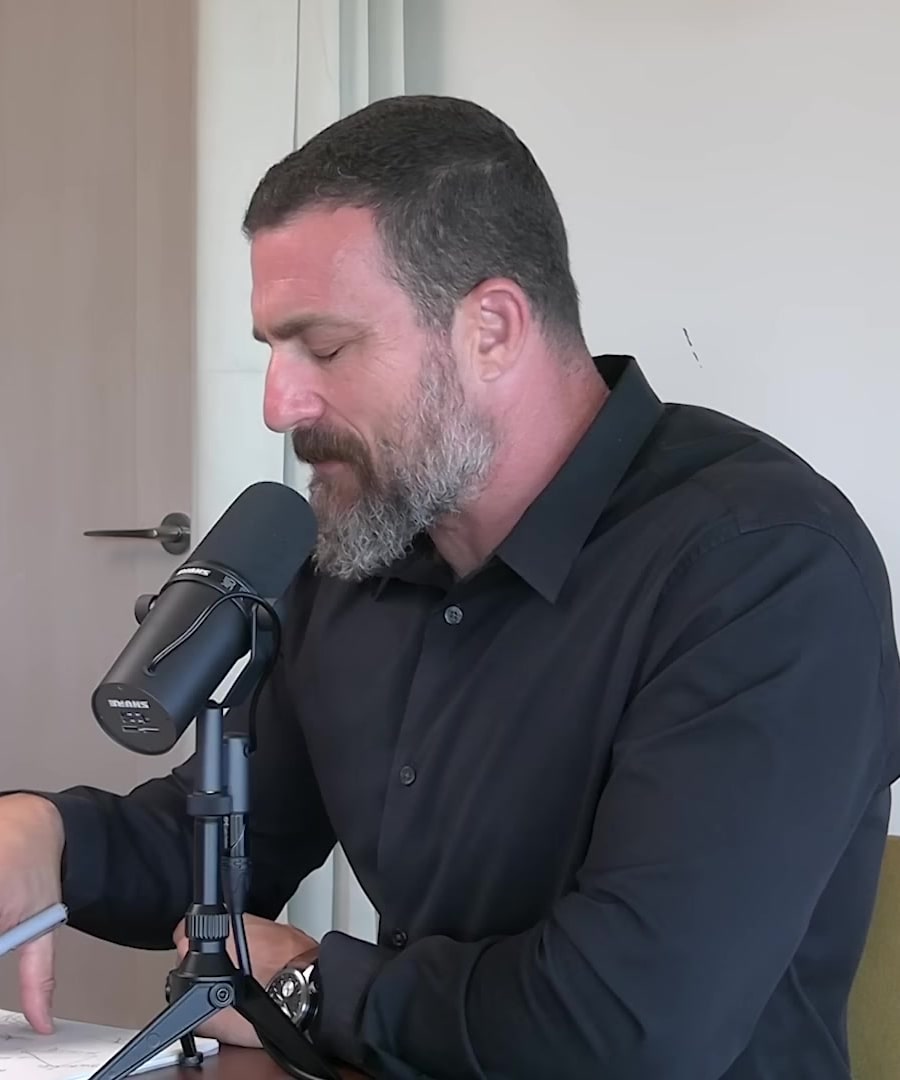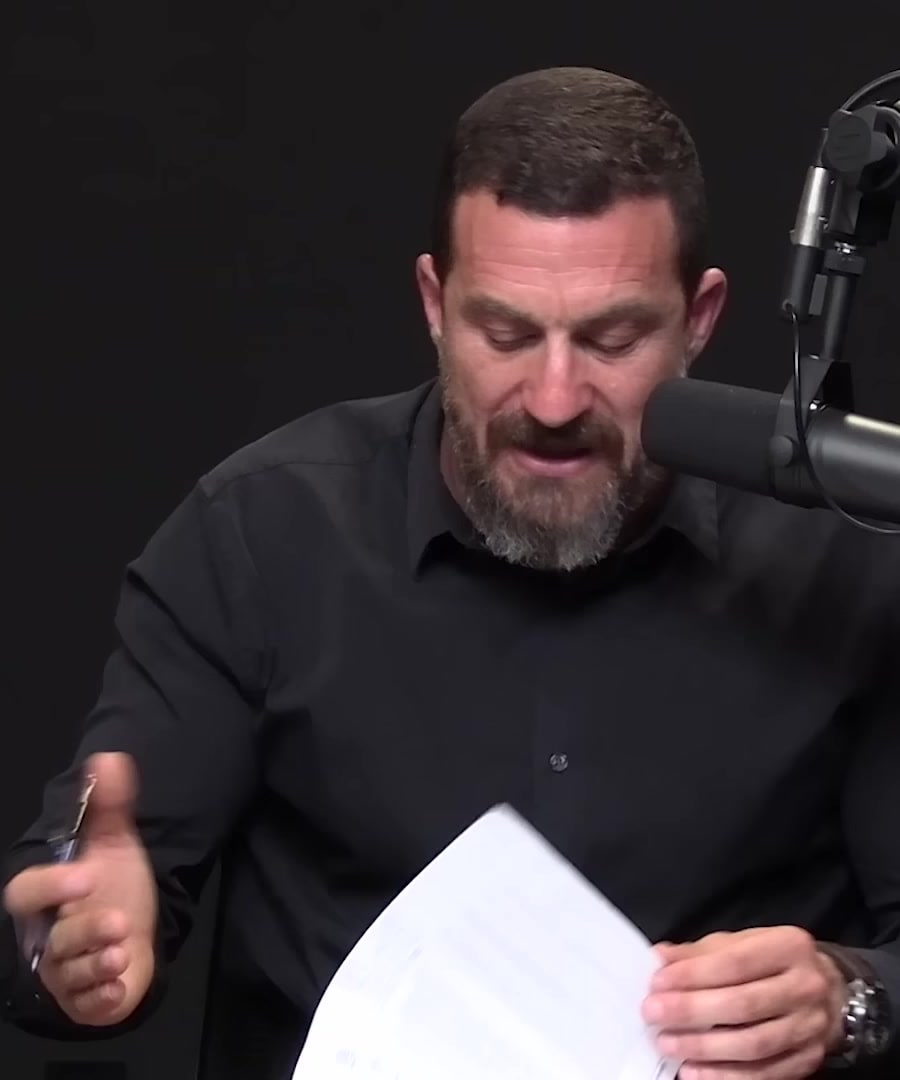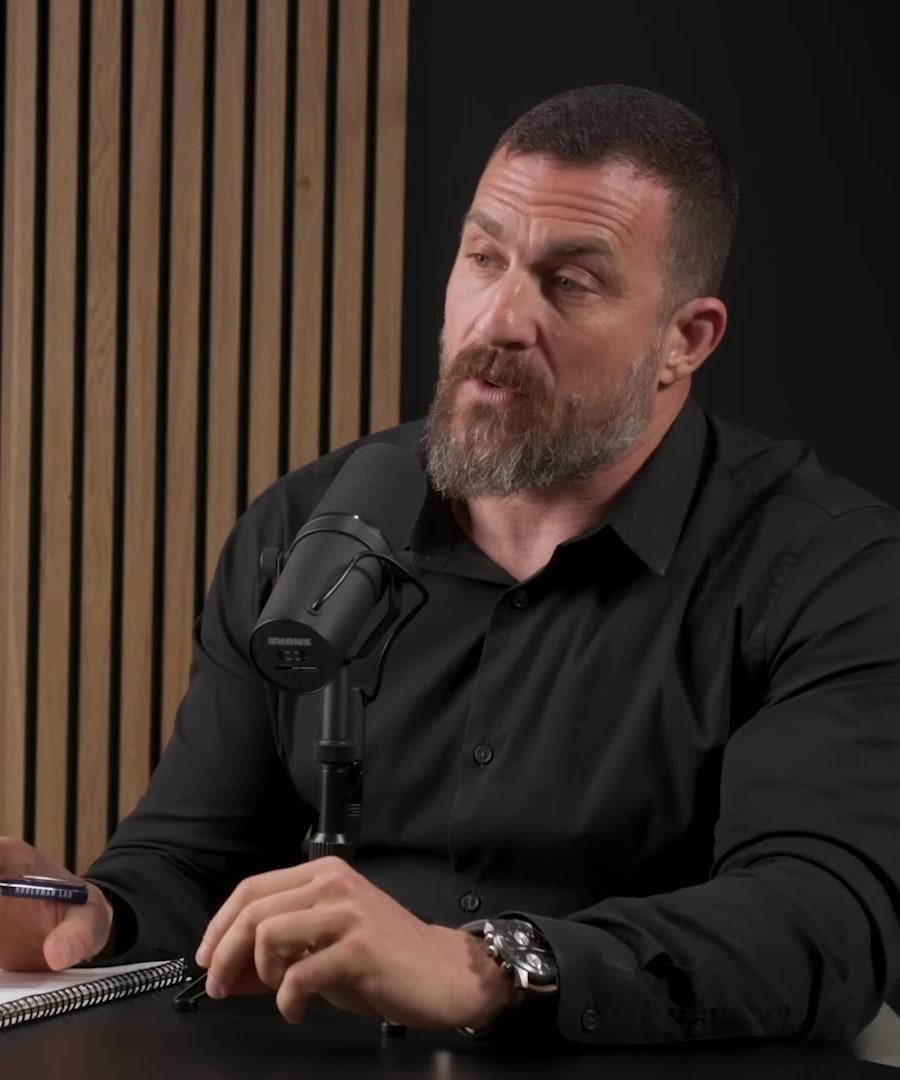What does the research say on psilocybin and depression? Please cover the topic comprehensively based on the various episodes
Sources:
Research on psilocybin as a treatment for depression has been discussed by in various episodes of the . Studies indicate that psilocybin, particularly in doses of 25 to 30 milligrams, can provide long-lasting relief from depression. The beneficial outcomes have been observed in 60% to 75% of individuals with major depressive disorder who participated in these studies, with minimal adverse events reported 1.
Psychiatric researchers believe that psilocybin-assisted therapy combined with supportive psychotherapy yields rapid and sustained antidepressant effects, with impact sizes about 2.5 times greater than traditional psychotherapy and four times higher than standard depression medications 2. These studies advocate for a model of drug therapy complemented by talk therapy, emphasizing the role of the therapeutic setting and protocol adherence.
Neuroimaging investigations reveal that psilocybin decreases overall brain activity and increases global connectivity. The antidepressant effects of psilocybin correspond with particular connectivity changes resembling those seen with certain neurostimulation therapies, such as TMS, supporting a shared mechanism potentially relevant to treatment 3.
Promising results from clinical trials featuring psilocybin sessions have been recently published in reputable journals. Improvements in mood and depressive symptoms were noted, with single doses of synthetic psilocybin providing significant relief, especially the 25 milligram dose. However, the effect varied among individuals and tended to decrease over time but remained notable up to 12 weeks post-treatment 4 5.
Psilocybin is thought to induce structural and functional neuroplasticity, which might explain its therapeutic effects on depression. The growth of new neural connections or dendritic spines is observed in animal studies, providing a potential mechanism for the long-term antidepressant action of psilocybin 6.
There is also a discussion of the potential separation of psilocybin's therapeutic effects from its psychedelic properties, with efforts to create non-hallucinogenic equivalents for treating depression. This approach is met with some skepticism about the potential comprehensive efficacy compared to the full psychedelic experience 7.
Given this information, the consensus from the is that psilocybin has shown considerable promise as a therapy for depression when administered within a controlled, therapeutic context, displaying significant and sustained antidepressant effects, as well as changes in brain network connectivity and neuroplasticity.
RELATED QUESTIONS
What does the research say on psilocybin and depression? Please cover the topic comprehensively based on the various episodes
- RELATED QUESTIONS
